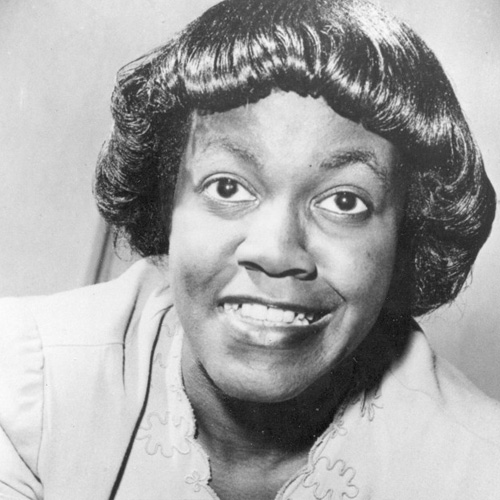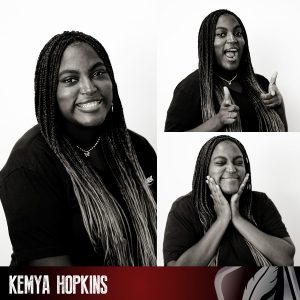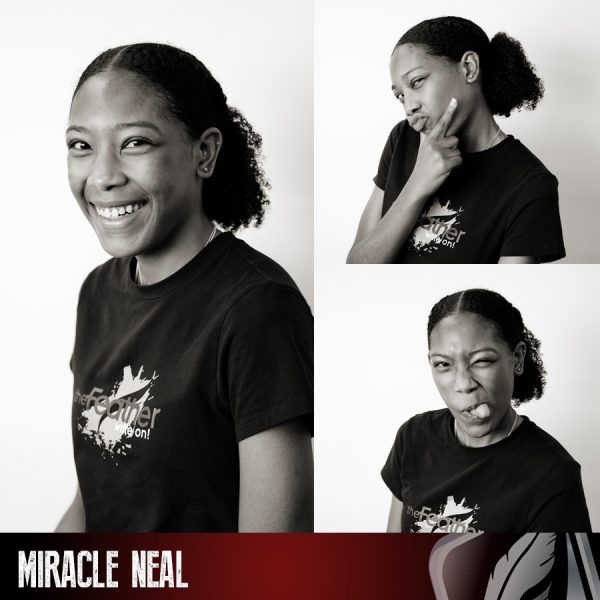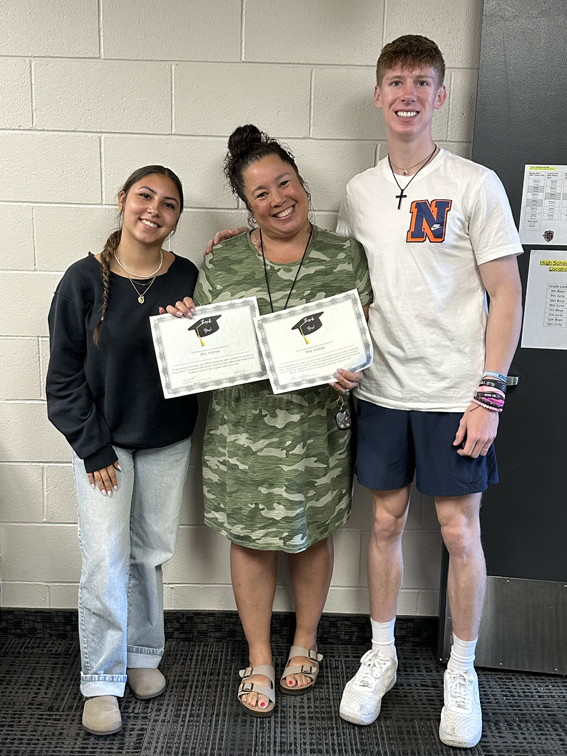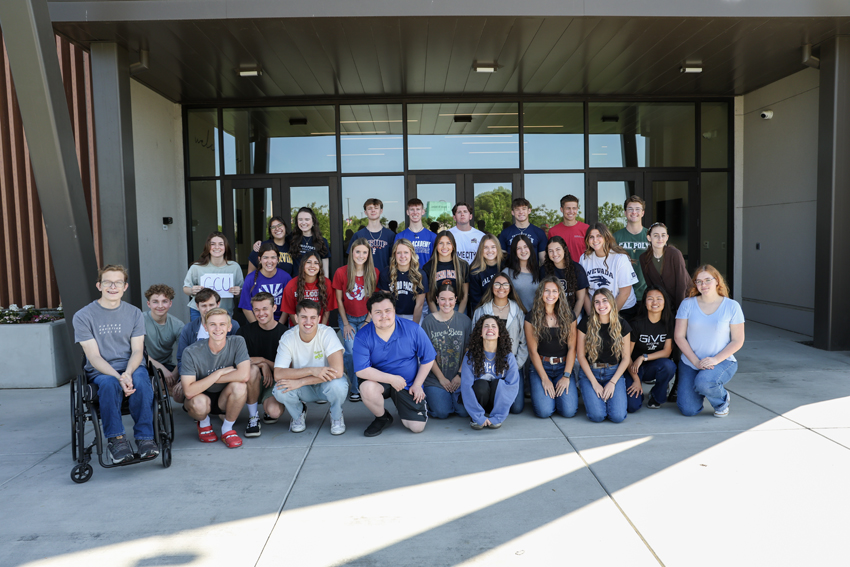Carter G. Woodson planted a seed in 1926 with his Negro History Week that would 50 years later bloom into Black History Month. Black History Month, an annual observance, celebrates the triumphs of Black Americans. The national theme for the 2024 Black History Month features “African Americans and the Arts.” In the spirit of Black History Month, Black heroes, past and present, country-wide and local will be highlighted here in The Feather. The goal of this series is to shed light on lesser known Black Americans who had a great impact in America. This serves to expand students understanding of American history by providing them with a glimpse of a piece that is so often missing.
Gwendolyn Brooks, one of the most influential literary figures of the 20th century, was the first female African American poet to win the Pulitzer Prize in 1950 for her poem, “Annie Allen,” relating to Black girls growing up under the big city lights of Chicago.
Brooks, a prominent figure in the Chicago Black Renaissance, used modernist techniques and Black idioms and phrasings to connect to black audiences who were previously closed off to the world of poetry.
The writing styles of white poets typically did not draw connections to the Black community, keeping them locked out of poetry domain. Brooks originally conformed to these exclusive writing expectations, drawing attention only from a white audience until her literary awakening in 1967.
Not only was Brooks directly involved in the Black Arts Movement, she also encouraged fellow black artists to break compliance and to push the limits of their creativity. Her works served as a stepping stone towards inspiring black excellence and the breaking of barriers led to a new perception of black art. Her most popular poems include: “A Street in Bronzeville” and Annie Allen.”
In 1968, Brooks was honored as the poet laureate of Illinois and was the first African American woman to be recognized by the U.S. Liberty of Congress. In 1985, she would become the first Black women to hold a position in the Library of Congress as the poetry consultant, which aims to “raise the national consciousness to a greater appreciation of the reading and writing of poetry.”

Brooks was born in Topeka, Kansas. She and her family would later move to Chicago. Her father worked as a janitor, and her mother was a school teacher who was also classically trained in piano. In 1936, Brooks graduated from Wilson Junior College, where she published her early writings for they “Chicago Defender,” which would go on to be one of the most influential African American newspapers in the early 20th century.
Brooks married Henry L. Blakely in 1939 and one year later have their first child Henry Jr. They would then have their second child, Nora, in 1951.
Brooks’s first published collection, “A Street in Bronzeville” shows her talent for making the ordinary life of her neighbors special. The title refers to the stories in Black neighborhoods in Chicago where Brooks lived, and its poems feature everyday settings such as empty lots, front and back yards, hairdressers, and apartments.
Brooks is still honored for her work in Chicago today. June 7, a celebratory day, known as Brooks Day is her birthday. She was the recipient of more than 70 honorary degrees from colleges and universities around the country earning the day dedicated to her. In 1990, Brooks would become an English professor at Chicago State University passing the poetic spirit to a new generation of writers. Although Brooks died in Chicago 24 years ago, her legacy remains one of the most historical for the Black community as her works continue to inspire black artists to explore creative boundaries.
To learn more about Gwendolyn Brooks, go to Poetry Foundation.
To read more from The Feather, visit Editorial: Black History still matters or Black History Month Spotlight: Shirley Chisholm leads in politics




